As artificial intelligence becomes more sophisticated, the question of AI generated intellectual property ownership explained has moved from science fiction into urgent reality. When a single algorithm produces a painting, debate already arises. But what happens when 100 different AIs, each specializing in style, color, texture, or composition, collaborate to generate a single piece of content?
The result is breathtaking synthetic art—but also a legal puzzle. Current copyright systems were designed for humans, not machines. So, who owns AI generated art and content legally? Is it the developer who built the model, the user who prompted it, or perhaps no one at all?
The problem is especially complex in the world of NFTs. NFT platforms and AI art provenance issues reveal how marketplaces struggle to guarantee authenticity. Blockchain can verify ownership of a token, but it can’t resolve intellectual property disputes in AI-generated art. Without a clear human creator, provenance becomes murky.
Lawmakers are scrambling to catch up. Legal challenges in AI collaborative content creation are forcing courts to consider whether AI creations qualify for copyright at all. Some jurisdictions argue that without human authorship, there can be no copyright. Others explore hybrid models, giving partial rights to developers or platform owners.
As copyright laws for AI-generated digital assets evolve, industries from gaming to entertainment face mounting uncertainty. If a film uses dialogue written by an AI trained on thousands of scripts, who owns rights when multiple AIs create content? This dilemma is magnified when models pull from vast datasets, blending billions of human inputs without clear attribution.
One possible path lies in blockchain. Synthetic art provenance and blockchain solutions could track contributions from each AI system, creating a transparent ledger of inputs. This approach might support new compensation models while preserving innovation.
Ultimately, the future of AI content ownership and copyright will define how creative industries adapt. Whether through new legislation, licensing frameworks, or entirely novel forms of ownership, the AI intellectual property dilemma in creative industries is shaping tomorrow’s legal landscape.
The world must decide: when art is co-created by hundreds of algorithms, does authorship vanish—or does it evolve?



